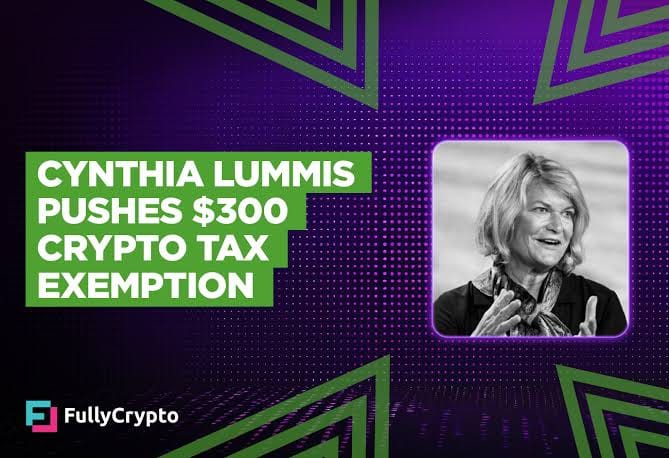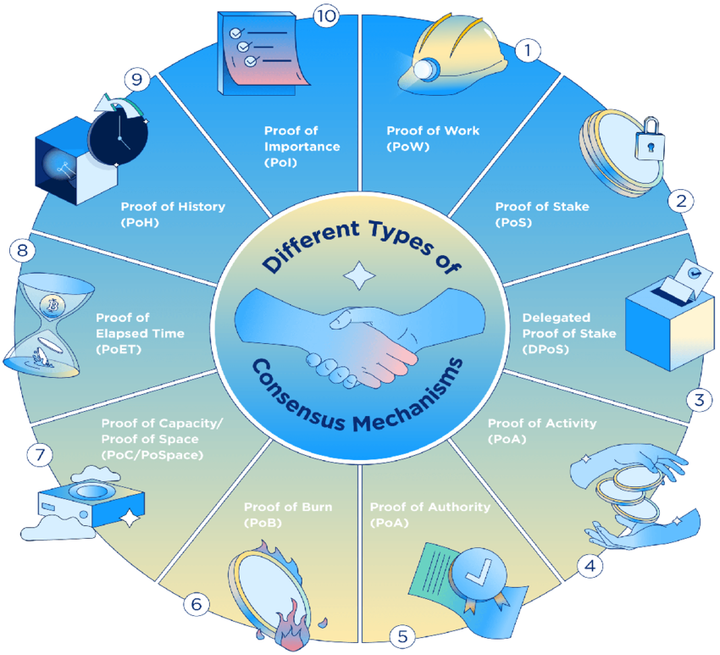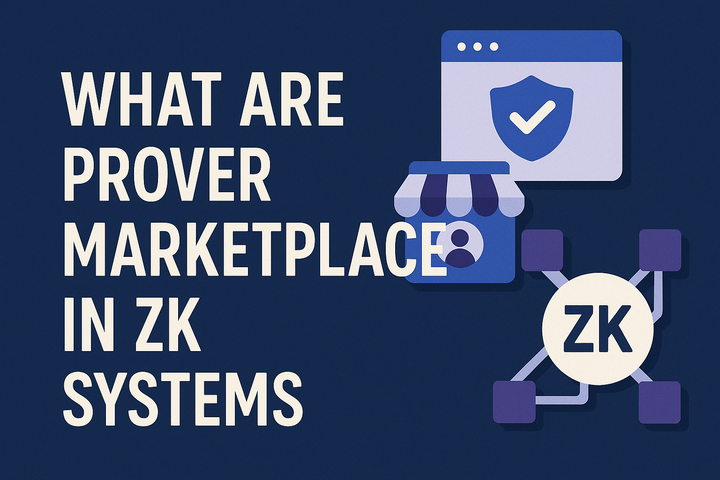Crypto Taxation Reimagined: Senator Lummis’s $300 Threshold Bill and Its Impact on Retail Adoption

Introduction
Ask anyone who's casually dabbled in crypto—one of the most frustrating things isn’t volatility or security. It’s taxes. Every time you buy coffee with Bitcoin, swap tokens on a DEX, or move funds between wallets, it's considered a taxable event. That means even small, everyday transactions could theoretically trigger capital gains reporting.
But change is brewing. Senator Cynthia Lummis and Senator Kirsten Gillibrand have introduced a bill that could finally make crypto usable for real-life spending: a $300 de minimis exemption on crypto transactions. If passed, it would exempt digital-asset transactions under $300 from capital gains reporting—similar to how we already treat foreign currencies.
In this article, we break down:
- What the Lummis-Gillibrand bill actually proposes
- How it could change the everyday crypto experience for retail users
- Broader implications for crypto payments, wallets, and mainstream adoption
Whether you're a casual user, a tax-conscious investor, or someone rooting for crypto as a payment method, here’s why this small policy tweak could unlock big behavioral shifts.
1. What the Bill Proposes
The Lummis-Gillibrand Payment Stablecoin Act, reintroduced in 2024, includes a key clause that crypto users have been hoping for: a capital gains tax exemption for personal crypto transactions under $300.
Here’s the heart of the idea in simple terms:
- Today, every crypto transaction—even using $2 worth of ETH to pay for coffee—counts as a taxable event. You’re supposed to calculate your gain or loss based on the market value when you acquired the ETH vs. when you spent it.
- The new proposal would exempt transactions below $300 from that burden, so long as they’re for personal use (like buying goods or services).
This is already how the IRS treats small foreign currency exchanges. If you buy coffee in euros on vacation, you’re not taxed on a few pennies of currency movement. The same logic would now apply to crypto.
It’s a common-sense update—but in the world of tax law and digital assets, it’s a big deal.
2. Why This Matters for Everyday Users
Let’s face it—most people aren’t using crypto at the corner store. And one major reason is taxes. Every swipe of a crypto card creates a paper trail of taxable events.
The $300 exemption could change that.
A. Lowered Psychological Friction
Right now, if you're spending even $10 in USDC, you might have to track your cost basis and capital gains. That creates a mental block. With a $300 exemption:
- Users can freely make small daily purchases without worrying about future tax headaches.
- Wallet apps and payment processors can design smoother, cleaner UX—no more "click to download your tax report for this $4 sandwich."
It turns crypto from a speculative asset into an actual medium of exchange.
B. Boost to Stablecoin Adoption
The exemption is asset-neutral, meaning it applies to any crypto—including stablecoins like USDC or USDT. That’s huge.
Stablecoins are perfect for everyday payments: they don’t fluctuate wildly in value, and they move fast. But today, even spending stablecoins can require tracking your "cost basis" (what price you acquired it at), especially if you earned or traded into them. With this bill:
- Stablecoins could act more like digital cash and less like assets with tax baggage.
- Point-of-sale adoption in shops, apps, and games would face lower compliance hurdles.
- Wallets could enable “spend from stablecoin” buttons without triggering warnings.
C. Encouragement for Small Savers
Small crypto holders—those with a few hundred dollars to their name—often avoid spending crypto because of uncertainty around tax rules. A clear, fixed threshold makes it easier to:
- Make occasional purchases
- Test crypto payments without risk
- Onboard new users who are crypto-curious but not ready for complex reporting
The result? Increased grassroots usage of crypto as money, not just an investment.
3. How It Could Affect the Broader Crypto Ecosystem
The bill isn’t just a win for users—it has ripple effects throughout the industry.
A. Simplified Reporting = Less IRS Confusion
Today’s tax guidance for crypto is a mess. CPAs and crypto users alike struggle to figure out what’s reportable, what’s taxable, and how to properly file gains from tiny swaps or wallet interactions.
A de minimis exemption:
- Reduces the IRS’s workload, filtering out trivial transactions
- Encourages better compliance from users who now know which actions need to be reported
- Makes room for smarter tooling—wallets can automatically flag taxable vs. exempt transactions
Less stress. Fewer errors. More honest reporting.
B. Sparks New Payment Infrastructure
With this bill in place, developers and payment processors could confidently build:
- Crypto-native point-of-sale systems
- Tap-to-pay stablecoin wallets
- Micro-transaction platforms for gaming, media, and content
Developers love clarity. When you know a payment under $300 won’t generate tax drama, you can build with confidence—and users can spend without second-guessing.
C. Encourages Global Interoperability
Many countries already have de minimis thresholds for crypto or foreign currency transactions. A U.S. law would align with global norms and signal that crypto is being treated more like a currency than a risky asset.
That kind of parity could ease cross-border partnerships, boost U.S. competitiveness, and support crypto’s case in global finance.
4. The Road Ahead (and Some Challenges)
The bill is promising—but it’s not yet law. It still needs to pass through Congressional debate, possibly be bundled into larger tax reform, and survive the usual rounds of political scrutiny.
There are also a few practical questions:
- How will “personal use” be defined? Will buying NFTs or game items count?
- What happens if a user breaks up a $1,000 transaction into four $250 payments?
- Will exchanges and wallets need to add new tracking features?
These are solvable issues—but they’ll need careful rulemaking and smart tooling to ensure this exemption is easy to use and hard to abuse.
Conclusion
Crypto has long promised to be “the future of money.” But that vision has hit a wall: tax complexity.
Senator Lummis’s $300 de minimis exemption offers a simple, elegant fix—freeing users to spend, send, and experiment without being haunted by spreadsheets or tax anxiety.
This isn’t just a win for crypto users. It’s a major unlock for stablecoins, payment apps, and developers building the next generation of real‑world crypto use cases.
If passed, the bill could turn crypto from a hold-and-hope asset into something people actually use—bringing us one step closer to a future where digital currency works as smoothly as a swipe of your debit card.
Want to go deeper?
Check out Mitosis University's articles on Stablecoins, Crypto Wallets, and our Market Insights section for more on regulation, UX design, and real-world adoption.
Internal Mitosis Links & Glossary References
- Bitcoin
- Blockchain
- Cryptocurrency
- Mitosis Core: https://university.mitosis.org/mitosis-core
- Governance: https://university.mitosis.org/governance
- Glossary: https://university.mitosis.org/glossary/
- Ecosystem Connections: https://university.mitosis.org/ecosystem-connections



Comments ()